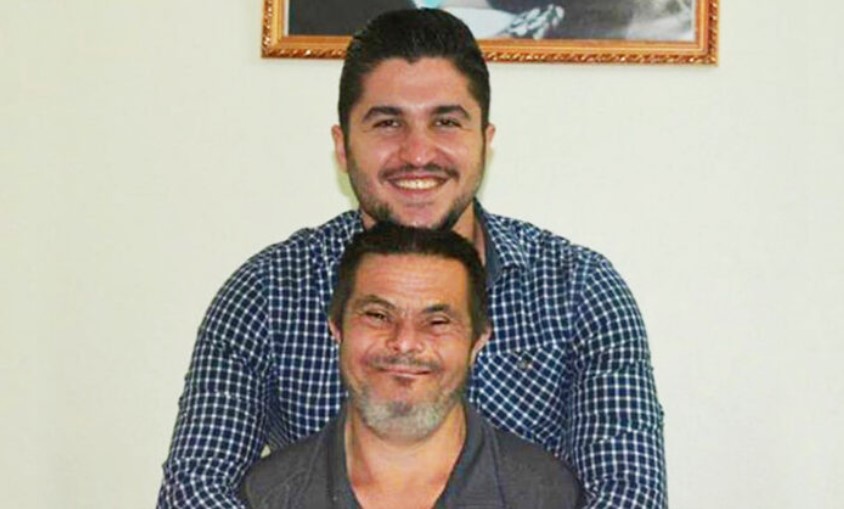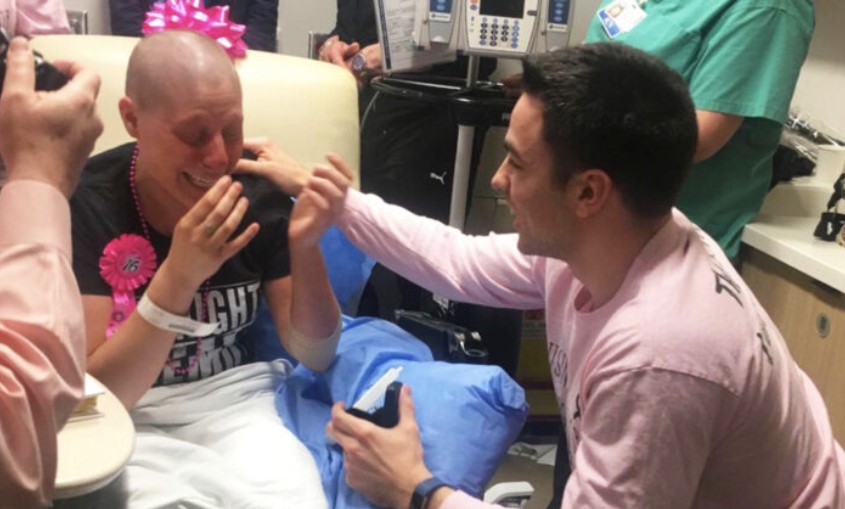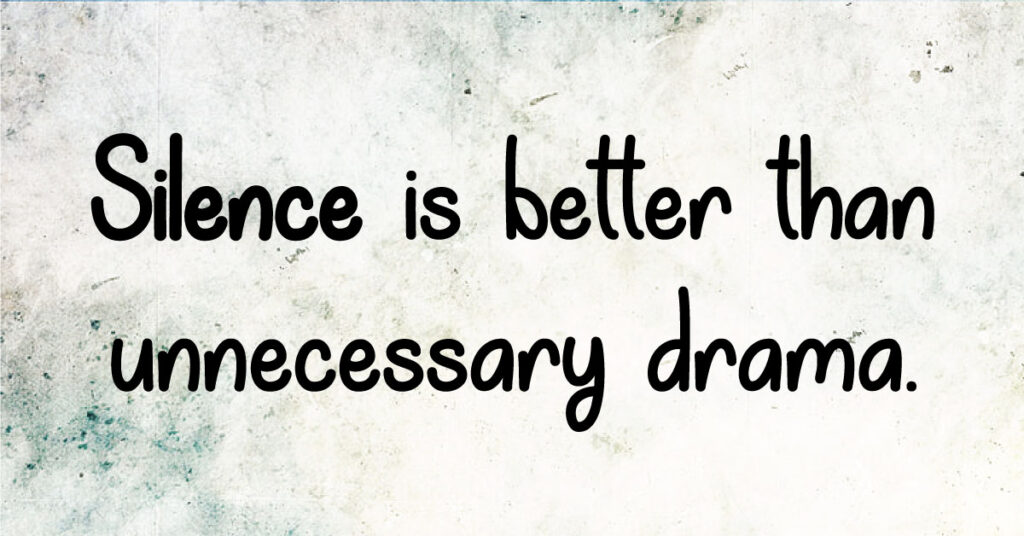In today’s world, vulnerability is frequently misunderstood as a sign of weakness or fragility. This perception, however, fails to acknowledge the transformative power that vulnerability can hold. When we allow ourselves to be vulnerable, we are actually engaging in an act of courage and strength. The act of letting down our guard is not indicative of weakness, but rather a display of bravery, honesty, and authenticity.
Embracing our vulnerability signifies our willingness to face life’s uncertainties and challenges head-on. It’s about opening ourselves up to experiences and relationships, demonstrating resilience in the face of adversity, and expressing our true selves without fear of judgment or criticism.
Here are eight times when letting your guard down can be a source of strength.
Building Trust
Opening up to others is a powerful act that can significantly strengthen relationships. By allowing ourselves to be seen as we truly are, we create an environment of trust and authenticity. This vulnerability is not a sign of weakness, but rather a demonstration of courage and self-confidence. When we share our thoughts, feelings, and experiences, it shows that we trust others with our authentic selves.
This trust fosters deeper connections as it encourages reciprocal openness. Others are more likely to feel comfortable sharing their own experiences and emotions, enhancing mutual understanding and empathy. Thus, being open and vulnerable not only deepens existing relationships but also paves the way for new, meaningful connections.
Fostering Connection
Acknowledging and expressing your vulnerabilities is a crucial step towards self-acceptance. This process involves recognizing your weaknesses and imperfections, not as flaws to be hidden, but as integral parts of who you are. When you embrace your vulnerabilities, rather than deny or avoid them, you start accepting yourself in your entirety. This acceptance is empowering and fosters a positive self-image.
Instead of constantly striving for an unattainable ideal of perfection, you begin to value your unique qualities and experiences. This shift in perspective leads to a boost in self-esteem and confidence. You become more comfortable in your own skin, knowing that you are enough just as you are, vulnerabilities and all.
Cultivating Self-Acceptance
Embracing your vulnerabilities is a fundamental step towards self-acceptance and personal growth. This involves acknowledging your insecurities, fears, and perceived shortcomings, and expressing them openly rather than suppressing or denying them. When you confront your vulnerabilities, you cultivate self-awareness and begin to accept yourself in your entirety, flaws included. This acceptance doesn’t mean resigning to your weaknesses, but rather understanding that they are part of your unique human experience.
As you grow comfortable with your vulnerabilities, you stop measuring yourself against unrealistic standards of perfection, leading to increased self-esteem. This newfound confidence stems from the understanding that your worth isn’t determined by your imperfections. It’s a journey of self-discovery and acceptance that ultimately fosters self-love and resilience.
Enhancing Communication
Being open and honest about your feelings is a cornerstone of effective communication. When we freely express our emotions, we provide clear and direct information to others about our needs, expectations, and boundaries. This transparency reduces the chance for misinterpretation or confusion that can lead to misunderstandings and conflicts. Additionally, expressing feelings honestly allows us to address issues head-on, fostering resolution and preventing resentment from building up over time.
It also encourages reciprocity, prompting others to share their feelings openly, thereby promoting mutual understanding. Moreover, this level of candidness can enhance trust and deepen relationships, as it shows a willingness to be vulnerable and authentic. Thus, honesty about one’s feelings is key to maintaining healthy, conflict-free relationships.
Promoting Personal Growth
Recognizing your weaknesses and areas for improvement is a critical step towards personal growth. By acknowledging these aspects, you create an honest self-assessment that forms the foundation for self-development. This process can be humbling, yet it’s empowering, as it allows you to understand your current capabilities and identify where changes can be made. These identified weaknesses become opportunities for growth and learning.
They provide a roadmap for personal evolution, guiding you on what skills to develop, habits to change, or knowledge to acquire. This motivation to improve is driven by a desire to bridge the gap between your current self and your potential self. Thus, acknowledging weaknesses doesn’t signify failure, but rather serves as a catalyst for continuous growth and evolution.
Inspiring Others
Displaying vulnerability is a powerful act that can inspire others to follow suit. When you openly express your emotions, fears, or insecurities, it sends a message that it’s okay to be human and imperfect. This can encourage others in your environment to also reveal their vulnerabilities, fostering a culture of authenticity and honesty. Such an environment becomes supportive and empathetic, as individuals understand that everyone has their struggles and weaknesses.
This sense of shared vulnerability creates a safe space where people feel comfortable expressing themselves without fear of judgment or ridicule. Moreover, it promotes mutual understanding and respect, strengthening bonds and relationships. Thus, showing vulnerability isn’t a sign of weakness, but a tool for creating an inclusive, empathetic, and supportive environment.
Increasing Resilience
Confronting your fears and insecurities directly is a potent strategy for personal growth. Instead of avoiding or denying these feelings, addressing them head-on empowers you to take control. Through this process, you learn more about yourself, your triggers, and how to manage your reactions. Additionally, facing fears can lead to the development of coping mechanisms, such as problem-solving skills, stress management techniques, and emotional regulation strategies.
These skills build resilience, equipping you to handle future challenges more effectively. Moreover, each time you overcome a fear or insecurity, you reinforce your self-belief and confidence, further enhancing your resilience. Therefore, tackling fears and insecurities isn’t just about overcoming individual obstacles; it’s about building a stronger, more capable version of yourself, ready to face life’s challenges.
Empowering Leadership
Leaders who embrace vulnerability set a powerful example in the workplace. By openly sharing their challenges, doubts, or mistakes, they demonstrate that it’s okay to be human and imperfect. This openness creates a culture of authenticity, where everyone feels comfortable expressing their thoughts and feelings. In such an environment, team members are more likely to share ideas, voice concerns, and take risks, leading to greater creativity and innovation.
Furthermore, when leaders show their vulnerability, it builds trust, as they’re seen as more relatable and genuine. This emotional connection can significantly enhance team engagement and commitment. Ultimately, a more engaged team is often a more productive team. Therefore, a leader’s vulnerability isn’t a weakness, but a strength that can foster a supportive, innovative, and high-performing work culture.
Final Thought
In conclusion, vulnerability is not a sign of frailty but a testament to our inherent strength. It provides a pathway for personal evolution, fostering resilience and deeper connections with others. By shedding our armor, we invite growth, understanding, and empowerment into our lives. So, let’s challenge the conventional wisdom and dare to be vulnerable, embracing the profound strength it brings.








